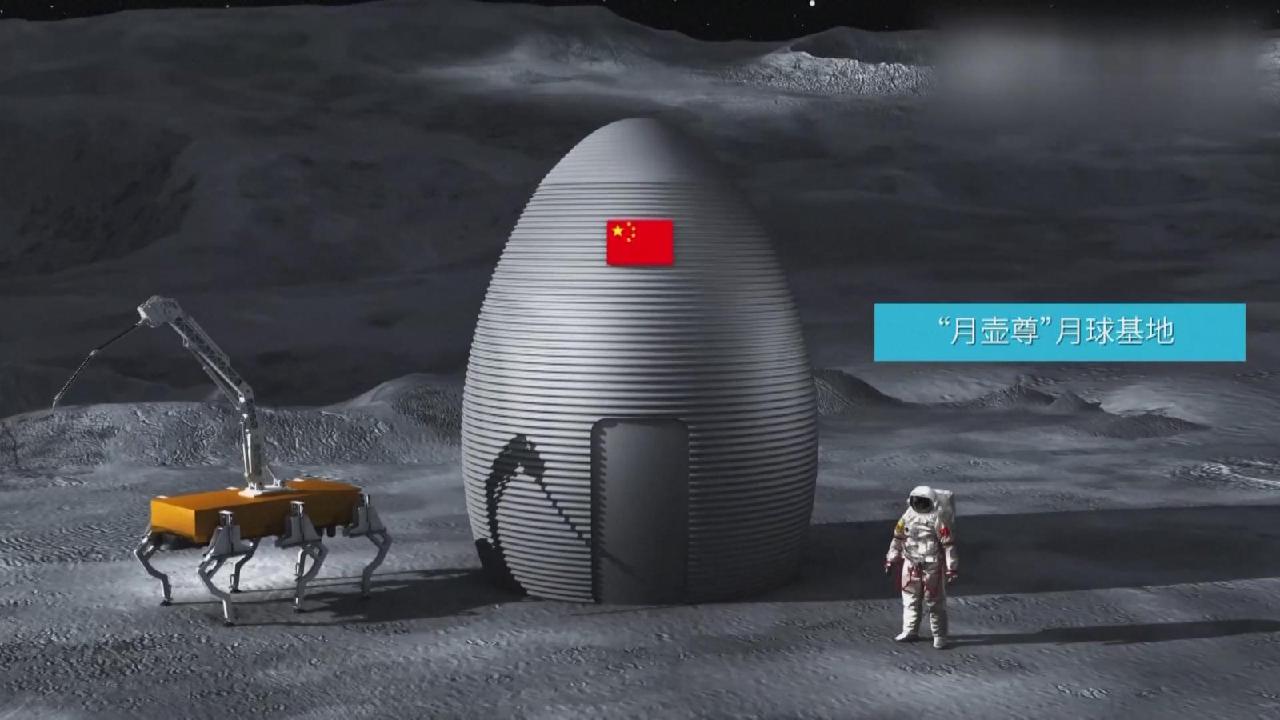China's Satellite Internet Expands Global Connectivity Options

China's expansion in satellite internet technology is set to reshape global connectivity, especially in remote areas where traditional internet access has been challenging. Estimates indicate that the market size of China's satellite internet could reach approximately 44.7 billion yuan, equivalent to about 6.3 billion US dollars, by 2025.
The development of satellite internet in China has gained significant momentum, marked by the launch of high-orbit and medium-Earth-orbit communication satellites. This evolution demonstrates the country's commitment to enhancing its space-based technology and broadening its international reach.
Satellite internet operates through satellites in orbit that serve as mobile base stations, enabling users around the world to access the internet from any location, whether in remote mountains, at sea, or even in flight, which is a groundbreaking advancement in communication technology.
Initially, satellite communication was predominantly used for transoceanic television broadcasts and long-distance telephony. As noted by researcher He Shanbao of Beijing Information Science and Technology University, the transition to satellite internet signifies a shift towards personal broadband access becoming the focal point in this new era.
Currently, conventional mobile internet coverage leaves many regions of the globe, such as deserts, oceans, and dense jungles, underserved. The reliance on satellite communication becomes even more critical during natural disasters when terrestrial infrastructure fails, as emphasized by Yin Haoqiong, a senior researcher from China Satellite Communications.
The applications of satellite internet continue to diversify. For instance, a partnership between China Satellite Communications and several airline companies has led to in-flight wi-fi services that allow passengers to stream videos and browse the internet at speeds similar to 4G.
In areas like Yulong Naxi Autonomous County in Yunnan Province, the challenges of deploying traditional ground base stations have been alleviated. Power inspectors can now effortlessly send real-time data to monitoring centers hundreds of kilometers away, exemplifying the transformative impact of satellite internet.
Companies such as Geespace, a subsidiary of the Geely automotive group, are innovating by incorporating satellite internet into vehicles. This allows drivers to make satellite calls and send messages even in areas without ground network coverage, enhancing safety and communication capabilities.
The telecommunications giant China Mobile has highlighted the integration of satellite internet across various sectors, indicating that it will not only foster technological advancements in emergency services and maritime operations but will also generate new application scenarios.
To foster wider consumer adoption, the direct connection between mobile phones and satellites is crucial. Recently, China Telecom launched a service allowing mobile phones to connect directly with satellites, paving the way for domestic brands like Huawei and OPPO to introduce new smartphones with satellite calling capabilities.
China's satellite internet initiatives are not limited to domestic markets. Recent events, such as the seminar held with GalaxySpace in Thailand, have showcased the technology's potential in enhancing telemedicine, with successful demonstrations of real-time satellite communications.
Support from the Chinese government has been instrumental since 2020, integrating satellite internet into national development strategies. The entry of private companies into this market heralds an era of strengthened innovation and economic growth, according to industry analysts.
Read These Next

China's Lunar Research Station Invites New Global Partners
China's ILRS expands its global partnerships, signing agreements during a space forum for lunar research and collaboration.

Dutch Dealer Excited for Chinese NEVs in Europe Market
A Dutch dealer is optimistic about Chinese NEVs in Europe, noting their quality and cost-effectiveness, highlighting growing confidence.

China Releases Guidelines for Digital and Green Transformation
China's cyberspace commission and nine departments issued guidelines to merge digital transformation with eco-friendly practices.
